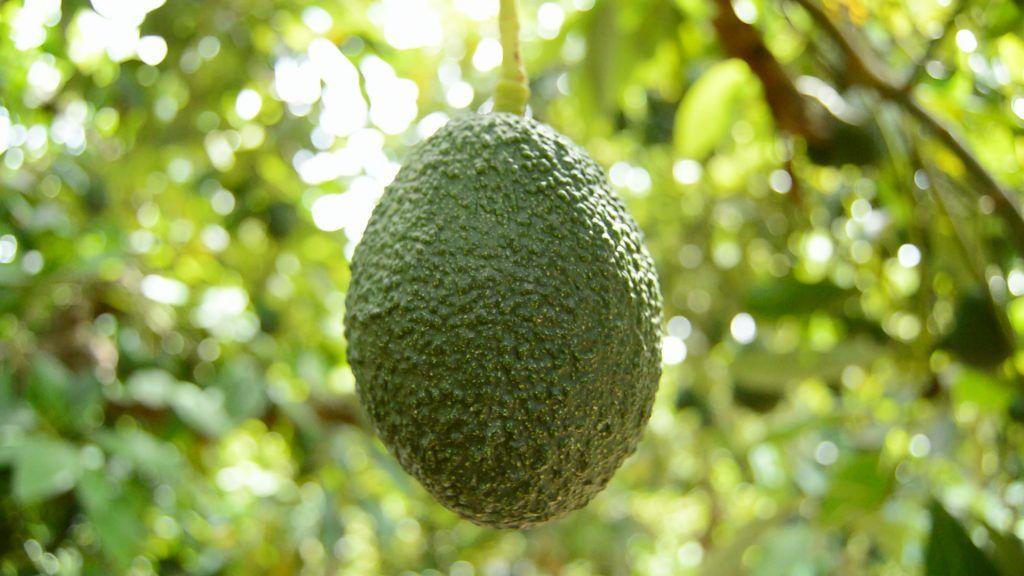A Mexican citizen filed an environmental complaint highlighting the deforestation caused by the growth of avocado production and exports in Mexico.
The complaint was filed under the Mexico-United States-Canada Agreement (USMCA) and is now being evaluated as to whether they have sufficient grounds to follow the dispute settlement procedure.
The Petitioner, who remains anonymous, argues that researchers have conducted studies of forest land use change in the Purepecha plateau and point out that in the 1976-2005 study period the municipalities of the Purepecha region lost between 25 and 35% of their forest area.
A figure that is «alarming», because several specialists refer that the rate of deforestation and growth of the avocado area has been magnified from 2005 to 2021, which can generate «very worrying» figures, due to the lack of adequate regulation, public policies, as well as actions for environmental protection and preservation.
He also argues that, considering that in 2000 there were only 50,000 hectares planted with avocado and in 2023 there may be more than 300,000, it is easy to determine that about 80 or 90% of the orchards are illegal.
Deforestation
The issue of water is closely linked to forests. Thus, increasing deforestation is affecting the quantity and availability of water.
This is so, the Petitioner adds, because forests capture, regulate and maintain the flow and quality of water.
Forest cover contributes to regulating eco-hydrological cycles, as well as other water-related processes, such as biodiversity, erosion, flooding, regional precipitation and climate change.
One of the direct effects of deforestation and the practice of monocultures such as avocado is the loss of biodiversity.
Researchers, based on an extensive field study in Michoacán, found that 66% of avocado growers do not conserve native forest species and 93% use synthetic pesticides. The Petitioner argues that both facts show a very high potential impact on biodiversity loss.
In addition, UNAM researchers estimate that there are seven pine species in danger of disappearing as a result of avocado production in Michoacan, which will significantly affect biodiversity.
In this sense, they point out: «the seven species native to the avocado-growing area present an imminent risk of disappearing from the ecosystems surrounding the avocado-growing area. This will be accentuated due to climate change, which will induce avocado producers to look for less warm areas, which are currently occupied by forest species».
Mexico exported avocados to the U.S. market for a customs value of 2.778 billion dollars in 2021, which represented 91.6% of total imports of that product to the United States.
![]()

